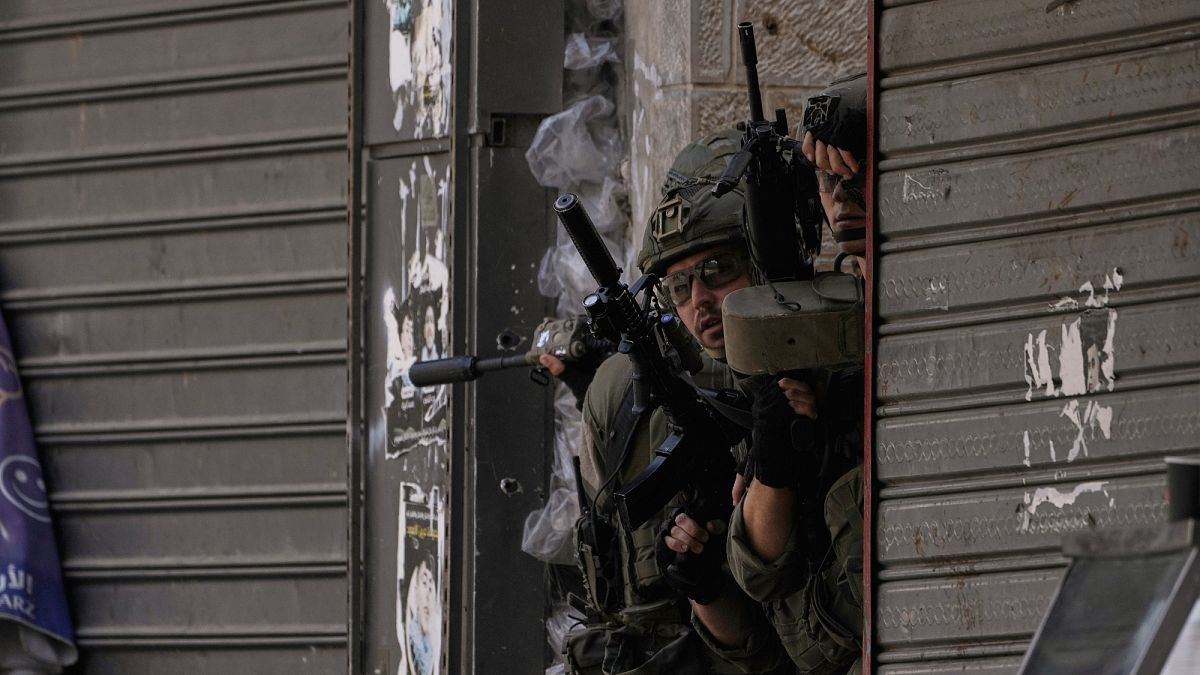

Recent developments in the ongoing conflict between Israel and Gaza have led to heightened tensions, with significant escalations and diplomatic efforts concurrently unfolding. The situation has seen a marked increase in military activity and the displacement of civilians, as regional and international players work towards a potential ceasefire.
In the past few days, Israeli military operations have intensified in the Gaza Strip, resulting in a series of airstrikes that have claimed multiple lives. Local officials report that around 60 Palestinians have been killed due to these operations. The escalation comes in the wake of new orders for displacement, compelling tens of thousands of residents to flee northern Gaza. These actions are a continuation of Israel’s broad strategy, asserting its military stance while seeking to diminish operational capabilities of groups within the territory.
The backdrop to these developments includes significant diplomatic activities. A senior adviser to Israeli Prime Minister Benjamin Netanyahu is expected to arrive in Washington, D.C., for discussions aimed at establishing a ceasefire. These talks come as former President Donald Trump, in a social media message, urged for a resolution to the 20-month conflict and the release of hostages held by Hamas. The planned discussions in Washington signal a potential collaborative effort between the United States and Israel to stabilize the volatile situation through dialogue and negotiation.
Concurrently, there have been reports of violence involving Israeli settlers in the West Bank, adding another layer of complexity to the region’s tensions. Instances such as the recent attack that resulted in the death of three Palestinians in the village of Karf Malik are indicative of the broader, multifaceted nature of the conflict that spans beyond Gaza. This incident highlights the pervasive environment of unrest, influencing both internal dynamics and international concerns.
In a wider geopolitical context, international focus remains on the necessity of safeguarding democratic processes amidst the varied conflicts. The current global landscape underscores the imperative to address issues of sovereignty and political stability. Notably, this perspective extends beyond immediate regional skirmishes, reflecting broader narratives of digital warfare and the implications for democratic nations worldwide.
As the situation continues to evolve, the international community watches closely. The prospect of ceasefire talks in the U.S. injects a sense of cautious optimism, with many hoping for a breakthrough to stem the cycle of violence. Nonetheless, the complex humanitarian and political layers embedded in the Gaza and West Bank conflicts require nuanced resolution strategies. It remains a hope that through persistent diplomatic engagement and humanitarian efforts, pathways to sustainable peace can be forged.
Source: {link}
